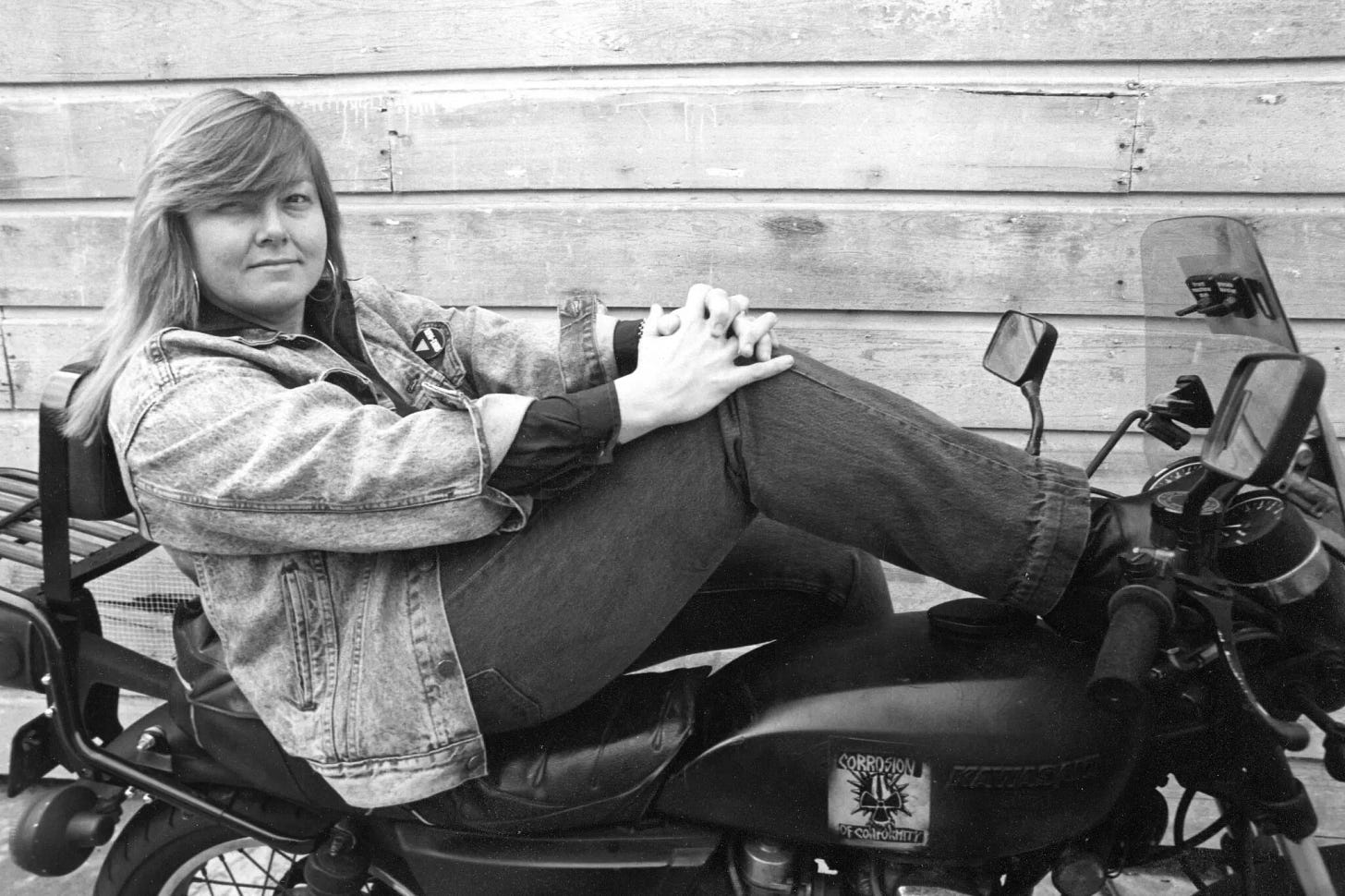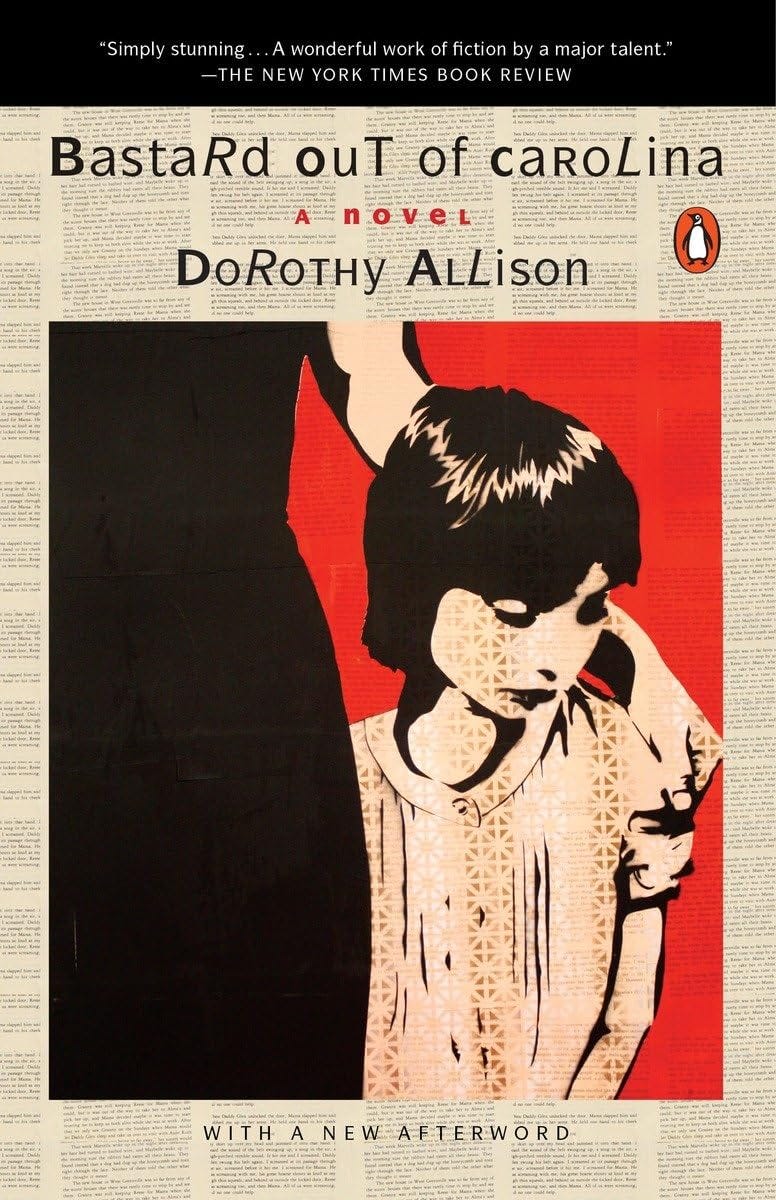I sometimes think the gurus who give their Ted Talks about shame have never experienced real shame. In my experience, they seldom tell the deep truth about their past, about their own shame—if it exists—in front of their rapt audiences. They do tell you about how many views they’ve had.
At a certain point, I’ve found these Ted Talkers sense they’ve become full-fledged stars. They begin to act and talk that way in front of you, with a kind of assumptive flair. They’re just a few steps away from wearing some kind of robe. They love their job. They love to perform. If they help you, all well and good.
One person I know of who wrote and spoke about shame truthfully, candidly and unflinchingly was the writer, Dorothy Allison. She died recently. I believe she deserves a very high place among people who try valiantly to contend with their shame. It can be a lifetime battle. Those who have experienced real shame know what I mean.
When Dorothy Allison died, Terry Gross played an interview with her from 1992 after the success of her harrowing book, Bastard Out of Carolina. I hope you listen to the interview. (Or read it; there’s a transcript.) Allison’s voice is calm, full of grace, and she has wisdom to impart. Wisdom she earned at a high cost. Her stepfather began abusing her when she was five. It continued for years.
Dorothy Allison talks about the difficulty of reconciling pleasure you feel when an adult is abusing you:
“So if a child begins to feel erotic excitement while being manipulated by an adult, does that give the adult permission to do it? It’s a horrible thing to even imagine. And you don’t - part of the reason to keep it a secret and to be quiet about that feeling is that you might give someone any small measure of encouragement to feel they have a right to do this. They have no right ever to sexually touch a child. It’s just not possible to do. There’s no justification for it. And the fact that the child might, in fact, manufacture some erotic excitement is not a justification for it. But if we pretend that it doesn’t happen, then that guilt, that self horror, stays - never goes away.”
It was a lifetime struggle for her:
“I began to think that I was this terrible person. I was being told I was. And it’s taken me most of my life to make the decision that that’s not the case.”
When I went to prep school as a kid, two teachers abused me. In both cases, what they did felt good—then bad—and I didn’t know how to reconcile this with the infringement and the betrayal. Dorothy Allison was not there to explain this to me. I never told my parents for fear they would find me at fault or somehow the one who caused it. I carried that shame with me for years. I still do.
What do we do with this shame inside of us that comes from feeling unasked-for pleasure? What do we do when there are conflicting emotions that are too big and unwieldy for us to sort out? The experts who walk the stage confidently and purposefully tell us not to feel shame, but they often haven’t revealed to us the confusing pleasure they might have felt when they were abused, and the self-loathing that followed. So, I would think twice about trusting their advice. They may say, “I know shame,” but I wouldn’t just take their word for it.
Not when you have someone as fearless and openhearted as Dorothy Allison who bears her soul and stands before you and says, “I see how hard this is. I know. I was there.”





Thank you for this. I have rarely seen shame "experts" really touch on the experience of true shame. It is not equivalent to embarrassment. I once read that it's the difference between "I made a mistake," and "I am a mistake." I appreciate your sharing your own experience.
Rich, brave and powerful work. Few people are fearless enough to go where you go. Stay the course, my friend. I believe you're helping many untold people who are reading, but not commenting.